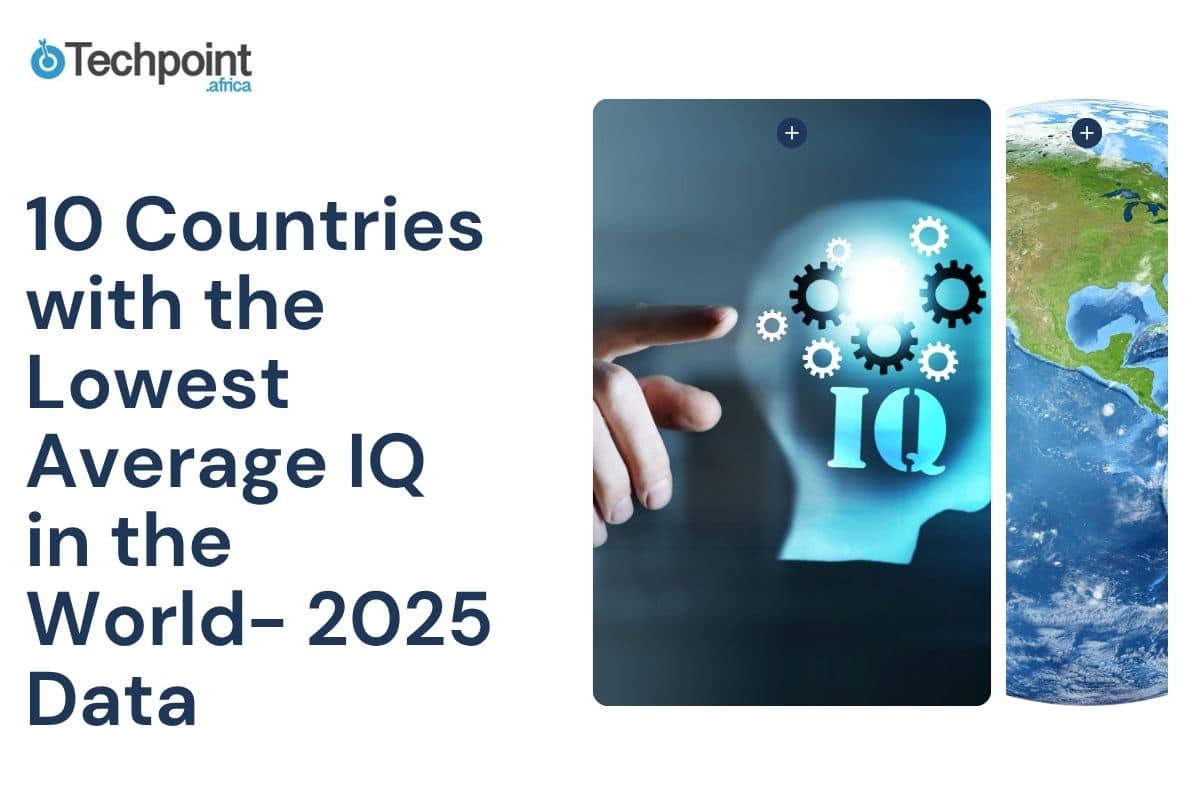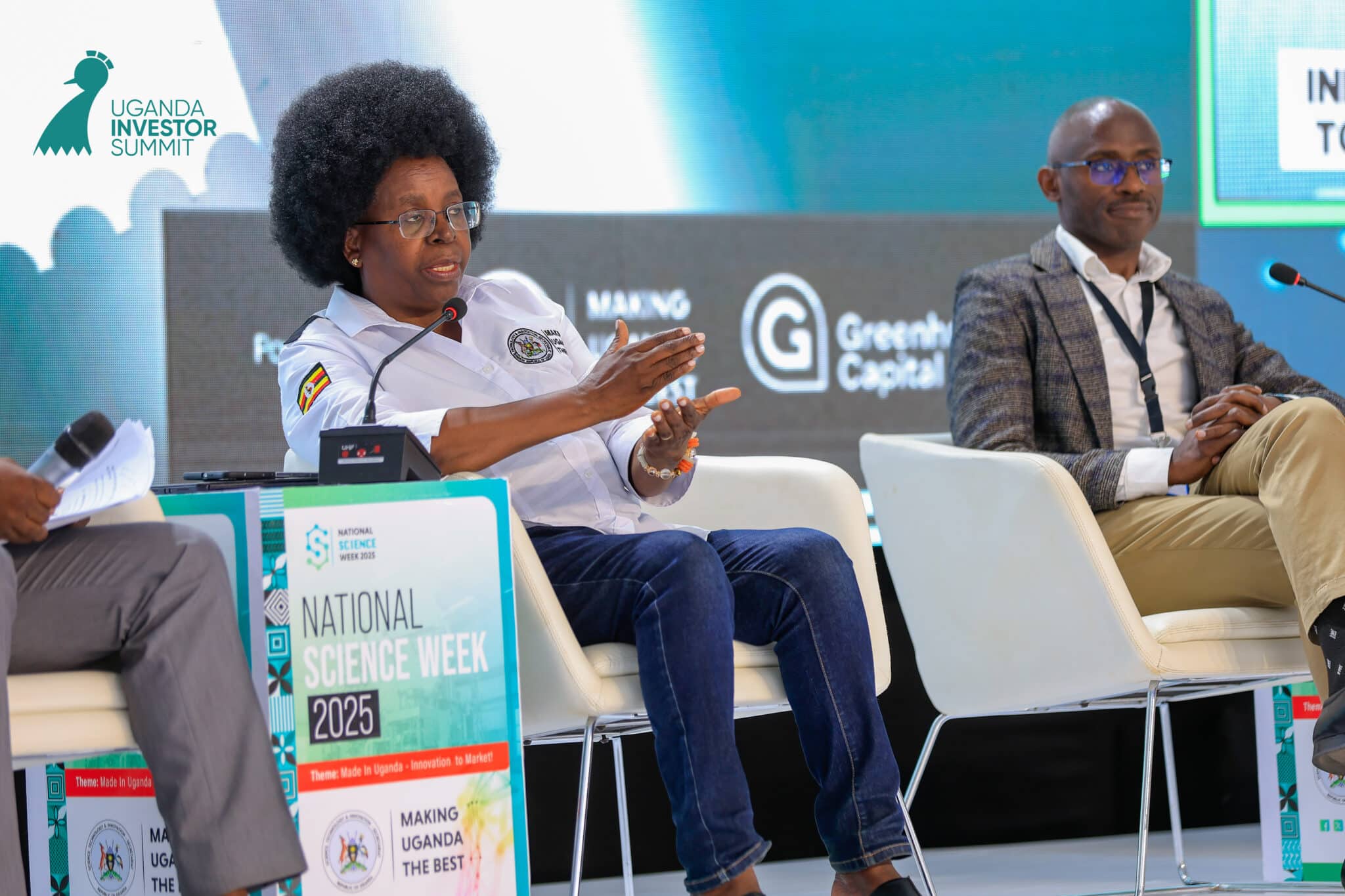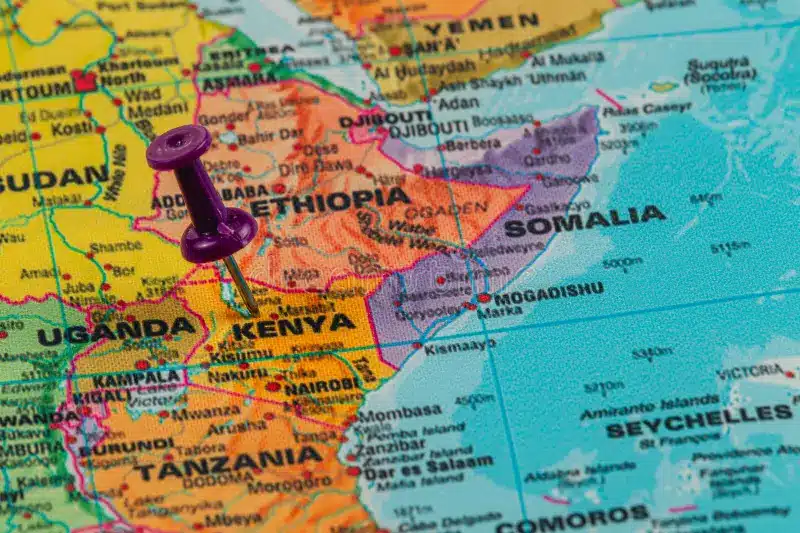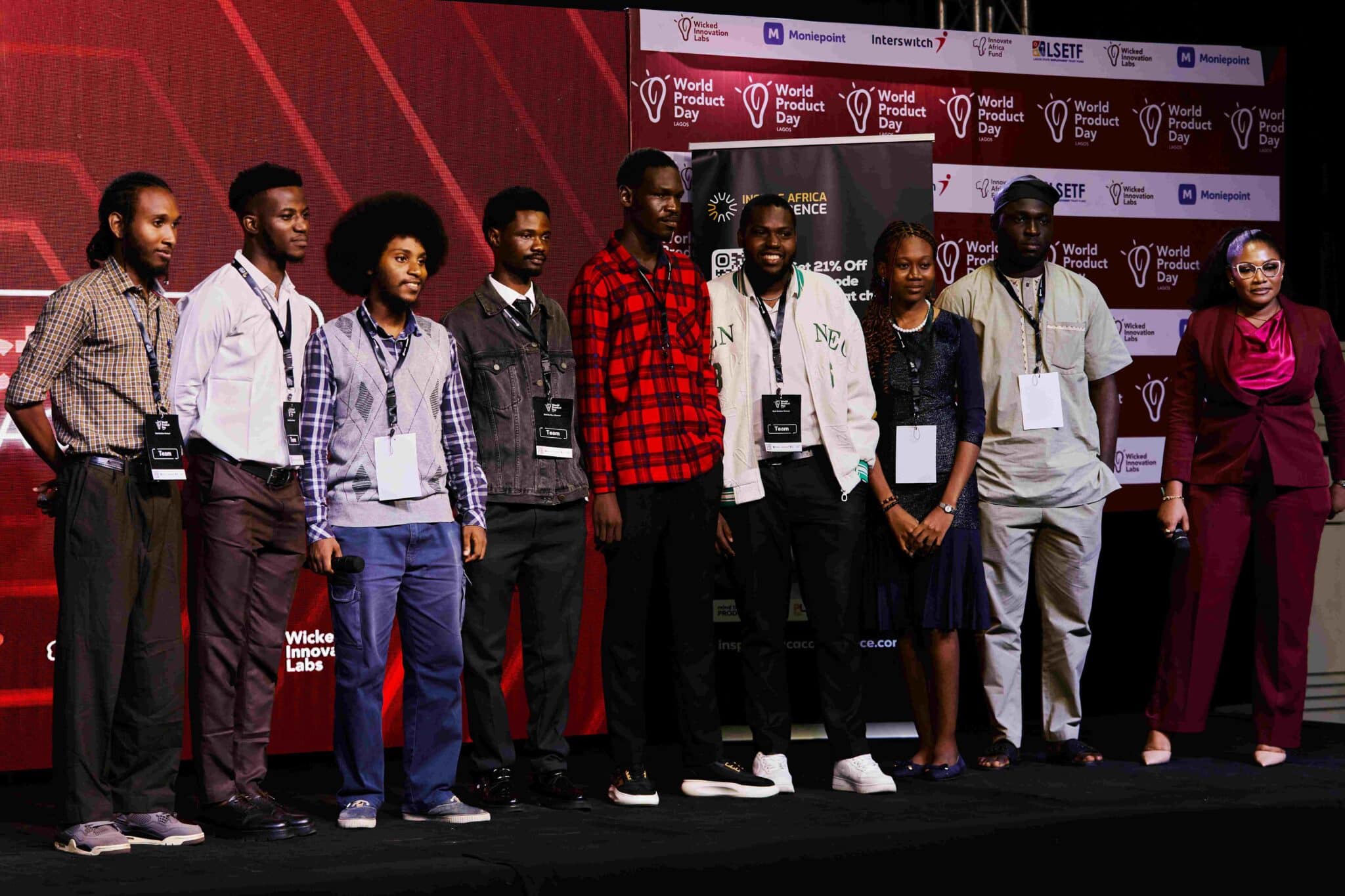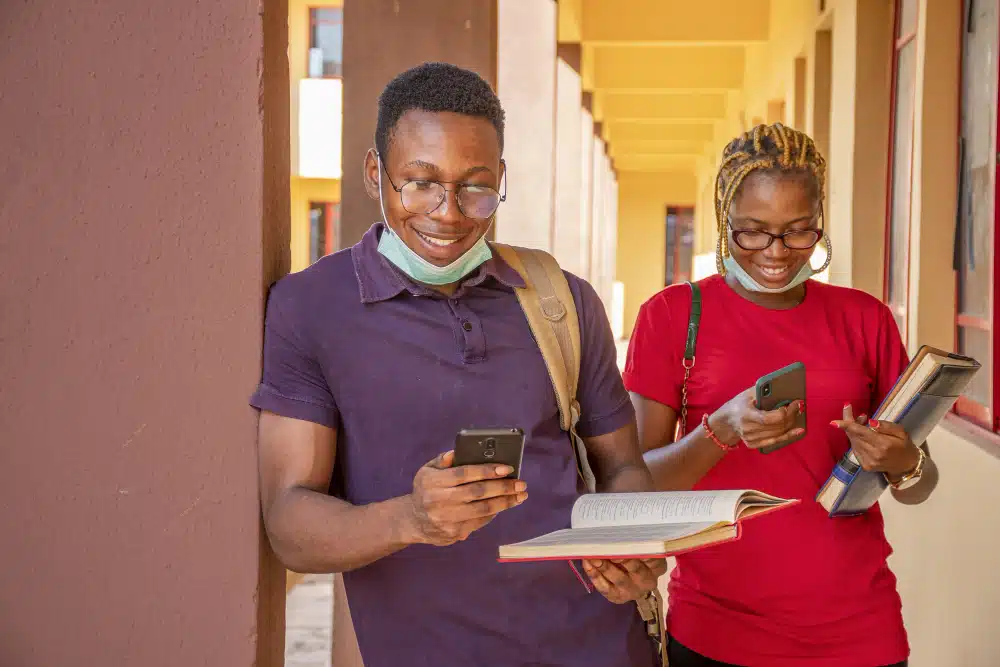Despite accounting for 91% of healthtech funding in 2023, only 47% of African startups raised equity funding, according to a report by healthtech advisory firm Salient Advisory.
With only 7% of the funding value, 52% of the startups received grants, while debt funding accounted for 1% of deals and 2% of deal value.
Yomi Kazeem, Engagement Manager at Salient Advisory, explains that while equity funding accounted for large portions of the funding raised by healthtech startups, grants provide risk-free capital that can help startups to validate their business models.
“What grants are doing in this space is essentially providing a safe space for innovators to test and validate their business models without the risk and pressures that come with equity investments and then get to a point where they have achieved some scale or they seem primed for a lot more scale, which then makes them well positioned for equity investment to come in.”
While African startups suffered a significant funding dip in 2023, healthtech startups were more resilient, suffering a 2% year-on-year drop.
Kazeem attributes this occurrence to the low base that healthtech funding is coming from and the large Series B funding rounds. For context, the two most funded startups of 2023 — MNT-HALAN and MKOPA — collectively raised $650 million.
“Historically, with regard to healthtech on the continent, we typically haven’t seen this many large deals. This year, the five best-funded startups collectively raised about 59% of the entire pool of money that was raised. Those large ticket deals definitely provided a moat that ensured there was a bit of resilience with regard to funding in African healthtech.”
The Investing in Innovation programme sponsored by the Bill and Melinda Gates Foundation, Microsoft, Chemonics, MSD, and Cencora, accounted for 38% of grant funding on the continent, providing $50,000 in grants to each startup.
Launched in 2022, the programme has since invested in 60 startups, including WellaHealth, DrugStoc, Signalytic, Damu Sasa, Healthtracka, and Bena Care.
Pre-seed deals remain popular but lag in funding
Following the funding crunch, debt financing became a significant funding source for African startups, but only one healthtech startup, Remedial Health, raised debt in 2023.
Part of this is attributed to the asset-light nature of most startups in the sector, while early-stage startups are unattractive to lenders having not proven their business models.
Pre-seed deals were the most common in 2023 (27 deals, or 88%), but they received the lowest share of funding, with only seven startups raising Series A and above rounds and bagging $99 million.
Much of this was influenced by Series B deals to Yodawy ($16 million), MYDAWA ($20 million), Kasha ($21 million), and Helium Health ($30 million; Reliance Health also closed a $12 million Series A round.
While these startups skew the funding data, Kazeem argues that it indicates a maturity in the sector as healthtech startups prove that their business models are not only socially impactful but commercially viable.
“There are a lot of people on the continent; the healthcare problems on the continent are significant. Access to healthcare is at a low base, which means that the addressable market for health tech solutions is incredibly vast, so it’s entirely up to the exciting companies we’re seeing to validate their business models and get to a point where they are primed for scale and investors believe in their potential.”
Funding remains concentrated in a few countries and sectors
The healthtech sector also saw funding concentrated in a handful of countries. Nigeria, Egypt, and Kenya raised 87% of all funding. However, while Nigeria experienced a 6% year-on-year decline, Kenya and Egypt saw a 32% and 137% increase, respectively, in the same period.
Ghana witnessed a 99% drop, which was due to the lack of any large funding deals. Pharma raised a $35 million Series D in 2022, accounting for 92% of the funding Ghanaian healthtech startups raised that year.
Funding for healthtech startups in Francophone Africa remains low, and Côte d’Ivoire remains a key funding destination.
In 2022, it attracted 39% of total funding to the region, rising to 54% in 2023. Cameroon and Morocco round off the top three with 27% and 12% of total funding, respectively.
Online pharmacy solutions were a hit among investors, raising 38% of all funding in 2023.
“We saw, especially during the pandemic, a lot of access problems with regard to accessing health products laid out in real time. And so, on the back of that increased focus on supply chain-related solutions, which online pharmacies can essentially be thought of as, these companies have validated their business models and have grown really fast.”
There was a dramatic increase in funding for women-led healthtech startups. While the share of deals only increased by 1%, there was a 2,000% increase in funding for healthtech startups founded or run by women.
Kasha, Dawi Clinics, Chefaa, and Maisha Meds drove this growth, bringing in 72% of the funding.
In the coming years, Kazeem is optimistic that healthtech funding on the continent will go from being resilient to experiencing fast growth.
He also hopes to see more consolidation as the sector matures. There were four acquisitions recorded in Egypt, Nigeria, Uganda, and Kenya in 2023, and he predicts that more will follow.
“As innovators look to capture more of the market, it makes more sense to essentially join forces where you can do that or to essentially acquire smaller companies that can provide a function that your company is not currently designed to provide.”



